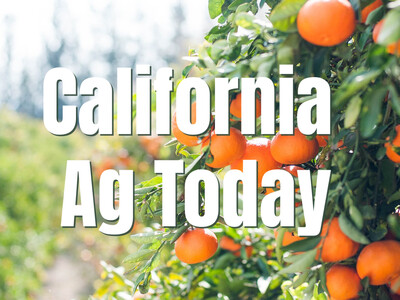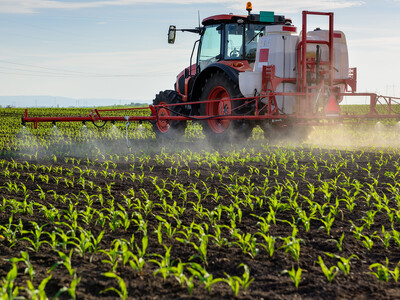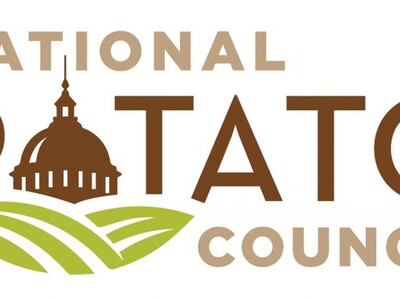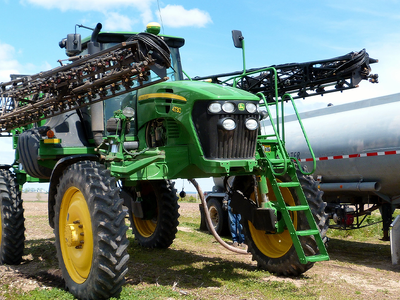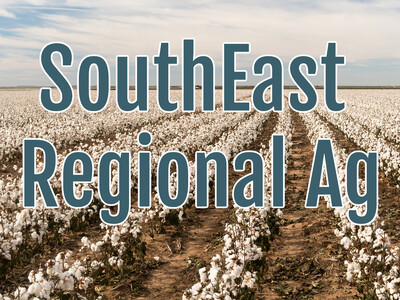Trade Talks in the News
Trade Talks plus Food Forethought. I’m Greg Martin with today’s Northwest Report.
Trade is in the news today as a number of issues are being talked about. The latest Doha round of talks among agriculture negotiators has been concluded and according to WTO agriculture negotiations chairperson David Walker - over the past 10 days delegations have provided no new input to revise the 2008 draft “modalities”. There is one final round of talks planned in April before the Easter target for revised draft texts, Ambassador Walker urged negotiators to make “problem-solving” progress.
In Brazil, over the weekend, U.S. Trade Representative Ron Kirk met with the Brazilian Minister of External Relations to sign the U.S.-Brazil Agreement on Trade and Economic Cooperation. In doing so they established the U.S. – Brazil Commission on Economic and Trade Relations. The objective of the commission is to promote bilateral economic and trade cooperation between the two nations.
During this week's Latin American tour, President Obama told reporters that the U.S. and Chile have agreed to more cooperation to boost trade.
OBAMA: We’re moving ahead with efforts to expand trade and investment and our existing trade agreement – trade between the United States and Chile has more than doubled creating new jobs and opportunities in both our countries.
Now with today’s Food Forethought, here’s Lacy Gray.
In farming circles a sign issuing a “Welcome to the Environmental Protection Agency” could be considered an oxymoron, since the very mention of the EPA often strikes fear and trepidation into the hearts of farmers and ranchers; not because farmers and ranchers aren’t environmentally aware or considerate, but because of the EPA’s track record of issuing unrealistic, irrational, and damaging restrictions and regulations onto the agriculture industry. The EPA’s most recent attempts at developing new national air quality standards on dust, due mainly to environmental activists and alarmists pressure, raises great concern for food producers. Even though most of the EPA’s air testing or monitoring is done in urban settings, it is rural areas which will be hit the hardest by federal dust standard restriction changes. Rural agricultural communities will in essence be punished for neighboring cities smog and pollution, where building construction, traffic congestion and over crowding are prevalent. If not careful, the EPA may just single handedly put agriculture right out of business, but at least we’ll have super clean air while we starve.
Thanks Lacy. That’s today’s Northwest Report. I’m Greg Martin on the Ag Information Network.






